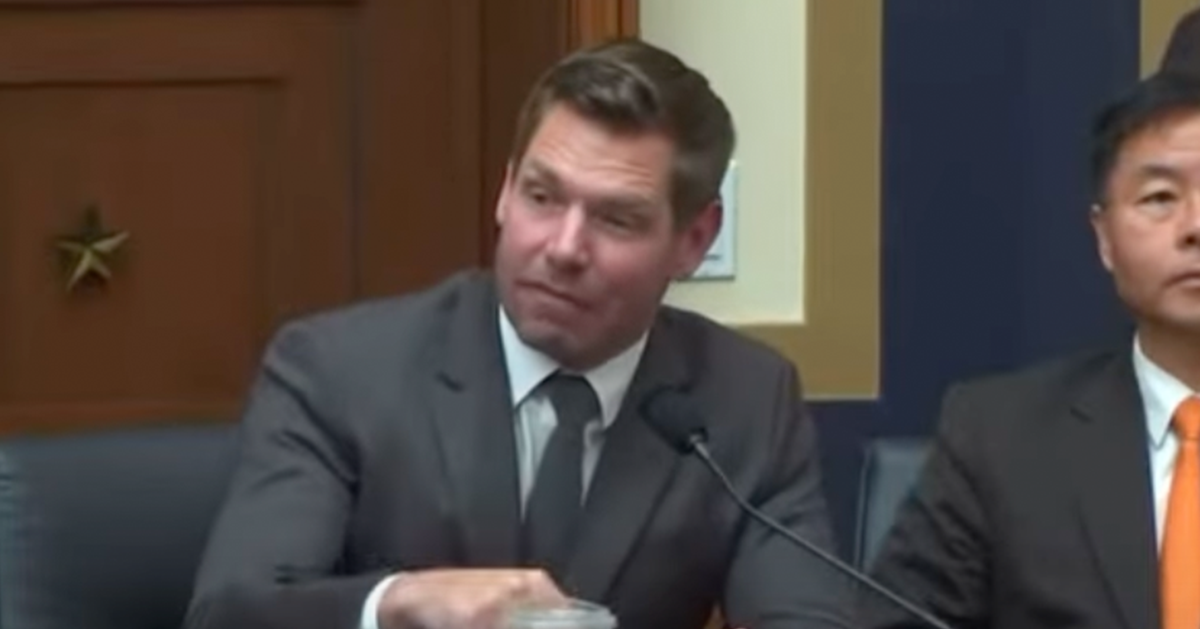San Francisco Jury Hands Down Second-Degree Murder Verdict in Bob Lee Case
Nima Momeni has been convicted of second-degree murder for the stabbing death of Cash App founder Bob Lee in April 2023 following a trial in San Francisco.
The verdict, delivered on Tuesday morning in San Francisco Superior Court, ended with Momeni facing a potential sentence of 16 years to life in prison, albeit not being convicted of first-degree murder, as Fox News reports.
The jury's decision came after seven days of deliberations, reaching a conclusion late Monday afternoon. Momeni, who had asserted the killing was in self-defense, was accused of luring Lee to an isolated location near the Bay Bridge, where the fatal stabbing occurred.
Motive Centers Around Personal Conflict
Lee, who was visiting the Bay Area from Miami, was found staggering on a San Francisco street around 2:30 a.m. after the incident.
He succumbed to his injuries shortly thereafter in a local hospital. Surveillance footage from that night revealed Lee and Momeni leaving the condo of Momeni's sister, Khazar, around 2 a.m. before making their way to the scene by the Bay Bridge.
Prosecutors presented the case that the motive behind the crime was tied to personal animosity, claiming Lee introduced Momeni’s sister to a drug dealer who assaulted her. They argued that Momeni used a knife from his sister's kitchen set in the attack on Lee.
Defense attorneys offered an alternate narrative, suggesting Lee had made a comment that upset Momeni, leading to a confrontation. They also introduced video evidence showing Lee allegedly using the knife earlier to snort cocaine, trying to paint a different picture of the events leading up to his death.
Courtroom Drama and Emotional Testimonies
Momeni, describing himself as a tech entrepreneur, articulated in court that tensions rose from an ill-received joke he made about how Lee should spend his last night in town.
In his account, Momeni expressed that the situation escalated quickly and culminated with Lee attacking him.
The trial was marked by significant courtroom drama and a high-profile defense. Oliver Lee, Bob Lee's brother, remarked on the trial's challenges, acknowledging the prosecution's efforts against a formidable defense team.
He expressed a bittersweet acceptance of the outcome, knowing it was "the best of all worst of outcomes."
Momeni's mother, Mahnaz Tayarani Babai, voiced her disbelief over the proceedings, insisting her son would not commit such a crime. She remained firm in her determination to continue fighting what she deemed an unfair trial.
Public Reactions and Implications
San Francisco District Attorney Brooke Jenkins took the opportunity to address broader perceptions of crime in the city. She emphasized that Bob Lee's murder was not emblematic of widespread lawlessness but a deeply personal altercation.
The case drew significant public attention, partly due to comments by notable figures like Elon Musk, who initially suggested Lee's death was symptomatic of broader urban dangers. Jenkins countered these claims by reiterating San Francisco’s commitment to justice and accountability in this specific case.
The outcome highlights the complexities of navigating personal motives within legal frameworks and the challenge of establishing intent in court. The decision to convict on second-degree murder rather than first-degree reflects the nuanced nature of the evidence and arguments presented.
Oliver Lee, while resigned to the reality of the loss of his brother, indicated he was near collapse under the weight of the unfolding events. The emotional toll was evident, both in his reactions and his public statements throughout the trial.
As Momeni awaits sentencing, the case leaves lingering questions about the fine line between self-defense claims and established premeditated actions. The closing of this chapter in the legal proceedings marks a pivotal point of reflection for both the involved families and the community.
The trial not only opens dialogues about the personal dynamics underpinning tragic incidents but also illustrates the interplay between public perception, media narratives, and judicial outcomes in high-profile cases.





